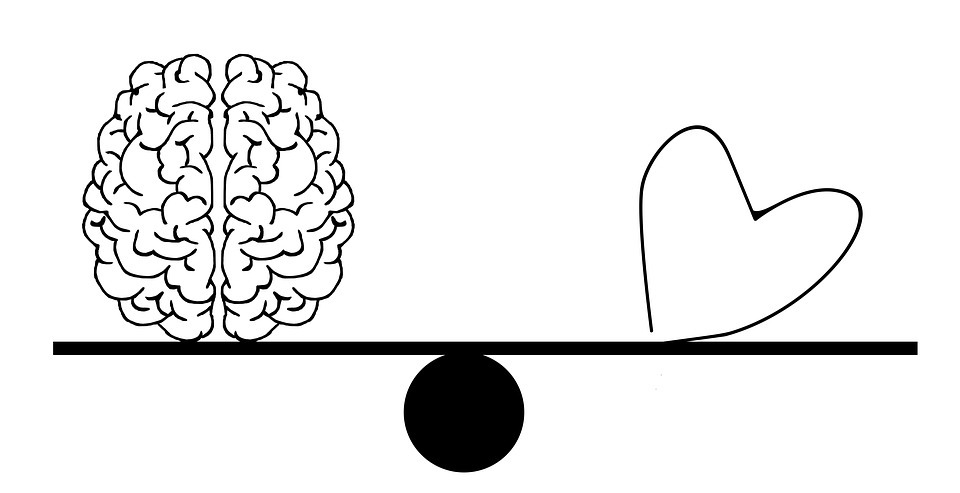Written by:
Richard Hames
Share article:
Affect and composed music
From that, and from the relative popularity of pop to other kinds of music making, I am going to make an outrageous presumption, which is that contemporary classical music fails most of the time to produce interesting affect a lot of the time for a lot of people. That’s a major problem, but I don’t think it’s because the music is in some essential way unable to produce affect in its listeners, but because a huge amount of the preparatory work of producing the subjects who can feel the affects and emotions that would be produced through the music doesn’t happen.
The question is really: 'How can contemporary classical music be used to produce new affects in its listeners?’ If pop music has produced, through millions of impressions (and the language of advertising strategies seems apt here), the troughs required for it to seem so spontaneously medicinal, so utterly apt, how can contemporary music go about forming new troughs? Preferably, even transformative ones, even, whispering, revolutionary ones.
As a strategy for composition, drawing on but not reducible to psychoacoustics, this focus on affects, in the sense of both producing the sensitivity for them to be felt, and the stimulus for the sensation itself, rather than, say, a focus on the particular domain-specific attributes of music like pitch, harmony, rhythm, and so on, represents another conceptual dilation towards greater conceptual generality, pushes us to think about the wider scene of our experience, and the ways in which contemporary classical music can fit into that scene. ‘Affect’ allows us to talk much more generally about a range of phenomena across a wide range of media - there is an affect to scientific research, to film, to walking around, even to being asleep, in a sense. It’s the explication of the relationship between ‘affect’ and ‘composed music', in concrete as well as abstract terms, that will allow us to start writing directly into this relation.
It may perhaps seem like a strange move to begin talking to about the experience of failed affect in contemporary classical music by talking about the experience and the techniques of contemporary pop, but that is where I am starting. So here’s a cursory scene analysis:
